Point # 3
The only novelty in the 29-point Declaration adopted at the Summit in Slovenia refers to the third point.
Thursday, 07.10.2021.
09:42
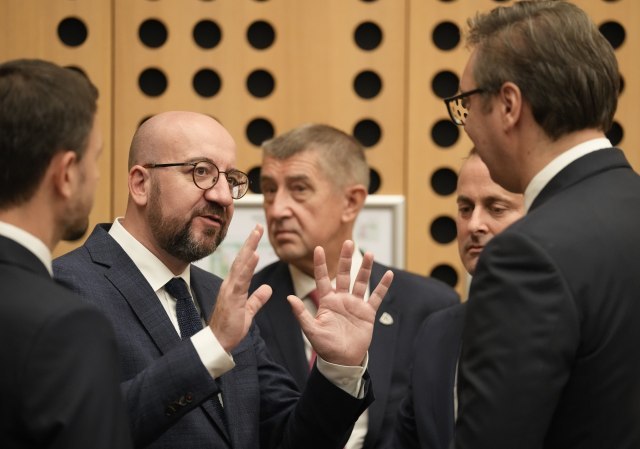
Point # 3
This point "recommends" the way of reporting on the EU to the countries of the Western Balkans. However, Sputnik's interlocutors call this "recommendation" of the EU an instrument of discipline.The EU summit on the Western Balkans was not over yet, and the 29-point document that leaked to the public became the subject of violent reactions, and no matter how different the starting points in the analysis were - public commentators agree on one thing - nothing new in the West.
With the exception of point three, which states that the countries of the Western Balkans are expected to recognize and transmit the "unprecedented scale and scope of support" of the EU as the closest partner in the region, the main investor and the main donor in public debates and communication.
Angela Markel also made it clear to commentators that the document does not leave room for great expectations, stating that she does not believe in setting a date, but in fulfilling promises.
"Once the conditions are met, accession can happen. Setting a deadline could be pressure for the EU, regardless of whether the Western Balkans meet the conditions set by the 27-nation bloc or not," Merkel said.
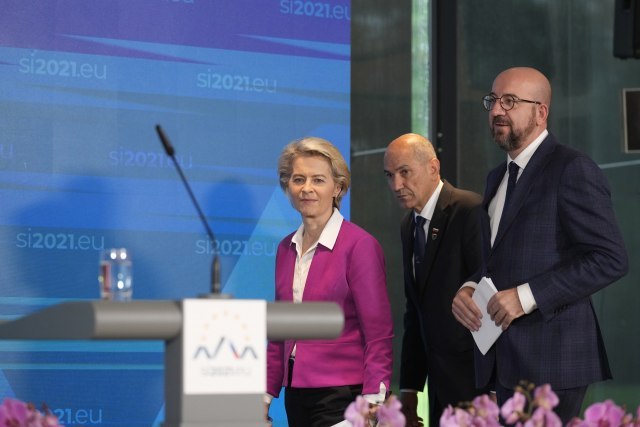
The written minutes of the Summit, the Declaration adopted by the EU leaders with the consent of the leaders of the Western Balkans, does not mention anything new - neither deadlines nor dates regarding the continuation of the enlargement process. The novelty is point three.
Journalist Sinisa Ljepojevic and Aleksandar Gajić, research associate at the Institute for European Studies, commented on whether the "recommendation" in the disputed point three is in contradiction to the right to freedom of speech, to what extent it is binding, and who and on the basis of which mechanism would assess what could harm the EU's reputation.
Siniša Ljepojević notes that this point has not appeared in any document in any country so far, and that this type of conditioning testifies to the political emptiness of the current EU, but also to a certain panic.
"They are introducing a verbal offense in countries that are not yet members of the EU," Ljepojevic believes, adding that if the EU really believes that its destiny depends on what is written in the media, say in Serbia or elsewhere, then that is a bad sign.
Noting that the document does not contain any date when countries from the Western Balkans could become candidates for full membership in the European Union, Ljepojevic estimates that the disputed point was intentionally placed in order to cover the essential emptiness of this document.
"This is an attempt to buy political time and maintain the illusion not only of the existence of the EU but also of the chance of the remaining countries of this part of the world to join European integration."
In a conversation with Sputnik, Dr Aleksandar Gajić reminds that the EU demanded from Maastricht that everyone who wants to run for full membership must meet certain norms and values, i.e. agree with the legal, political and ethical system of the EU. However, the novelty within the document of the Declaration is that the EU is trying to oblige the states to which it addresses the document to certain attitude.
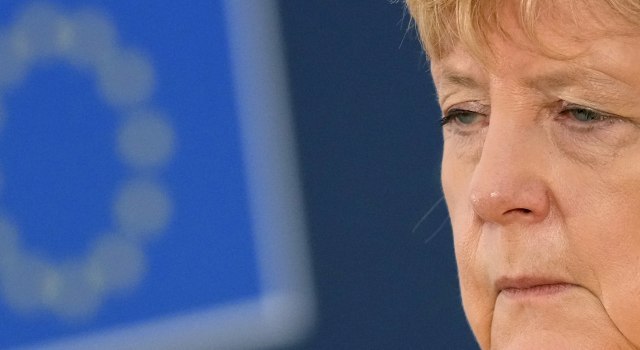
Gajic believes that the request presented in point three is an indicator of the damaged reputation of the EU, not only in the Western Balkans, but also in Europe, where it no longer has such a bright reputation.
"An arrangement in public and media propaganda is sought here because the EU seems to be losing confidence and the value frameworks that were considered unquestionable are becoming increasingly questionable. They see that there is competition in the struggle of ideas in which they have no privileged status".
When asked who would have the role of supervisor and who could be in charge of marking critical tones about the EU in public life, Sputnik's interlocutors said that such a mechanism simply does not exist, but that non-governmental organizations could be engaged for that purpose.
Ljepojevic believes that the network of NGOs will be in charge of filling in reports on incorrect or critical attitude towards the EU. The Brussels bureaucracy, he believes, can rely on its local associates, but regardless of their activity, it is impossible to control the media.
"How could the EU punish someone who is not a member of it at all, because someone wrote a critical review of what is happening in the EU?" Ljepojevic wonders.













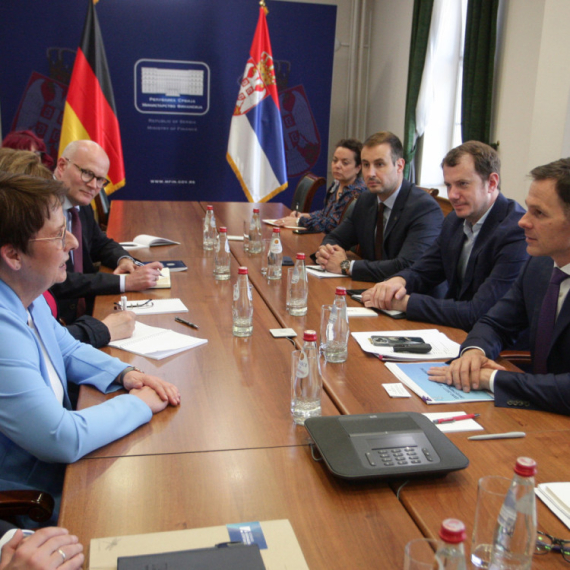
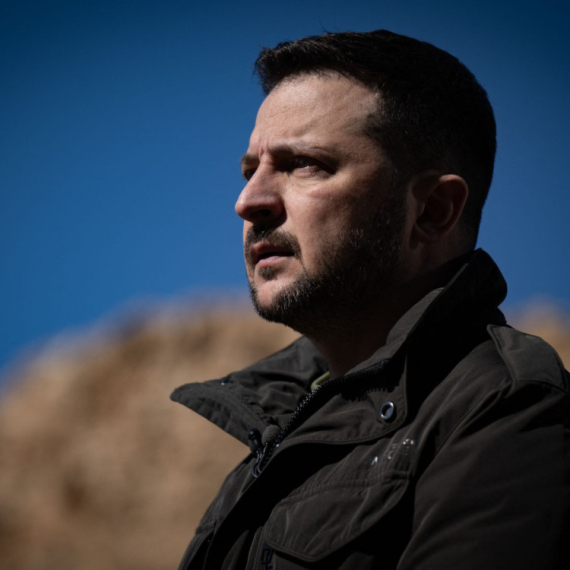
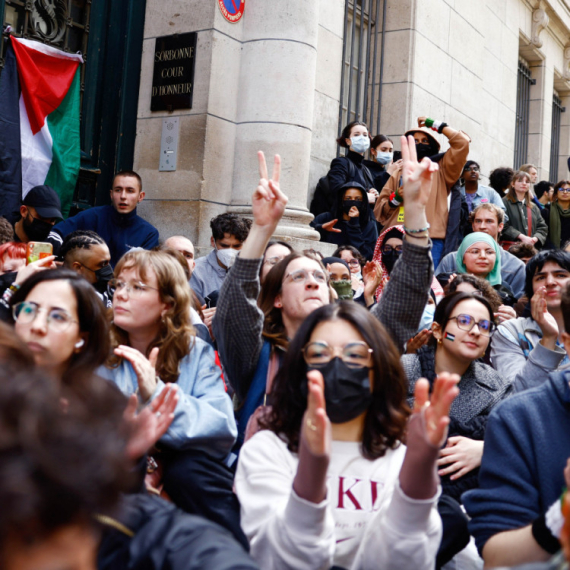

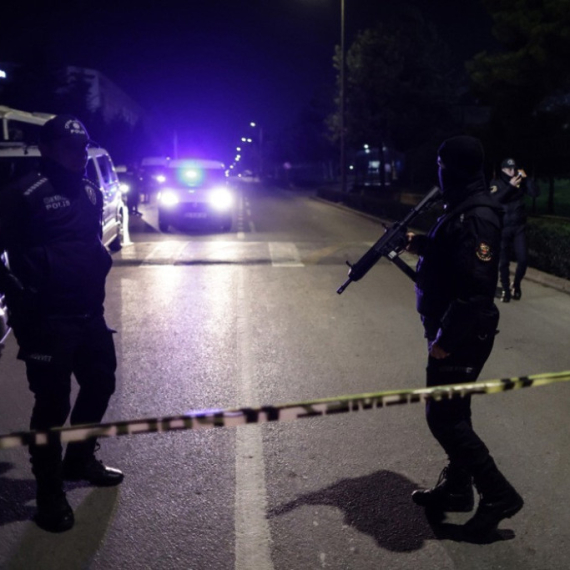



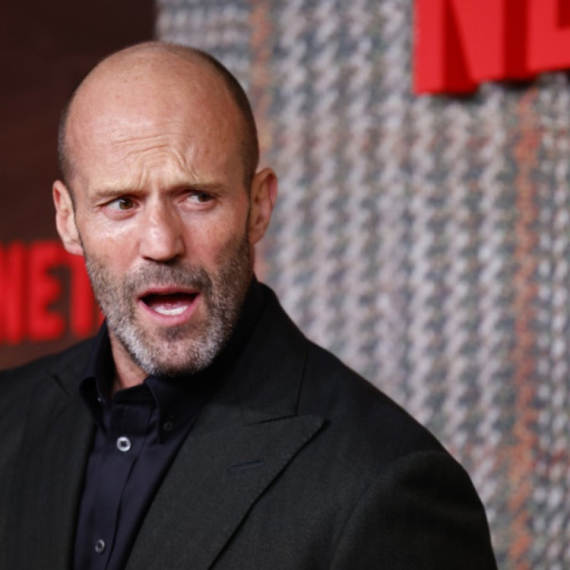




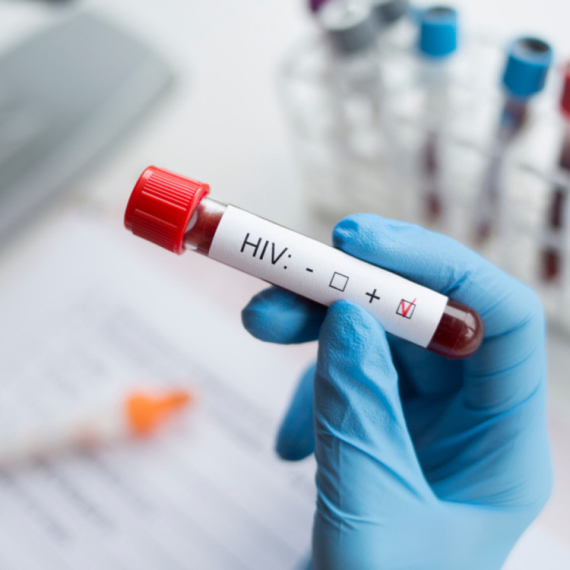


















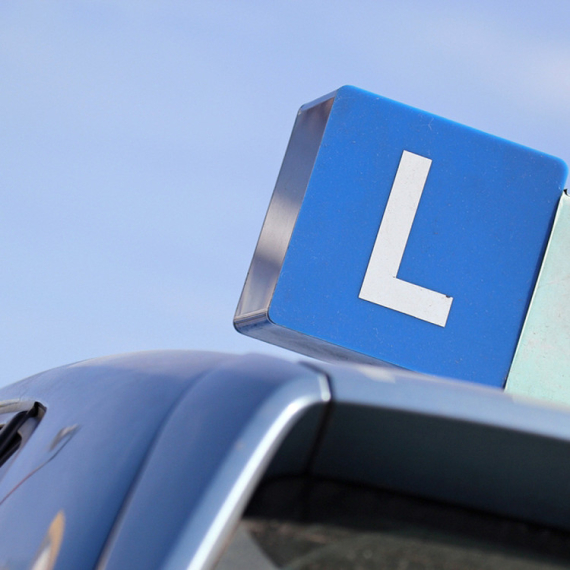





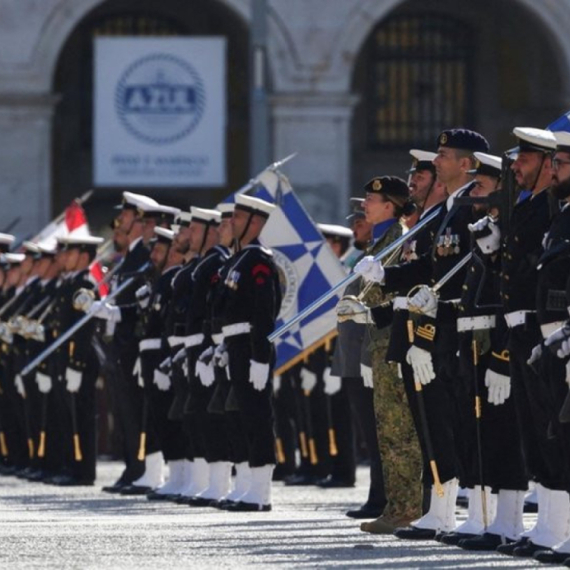

Komentari 0